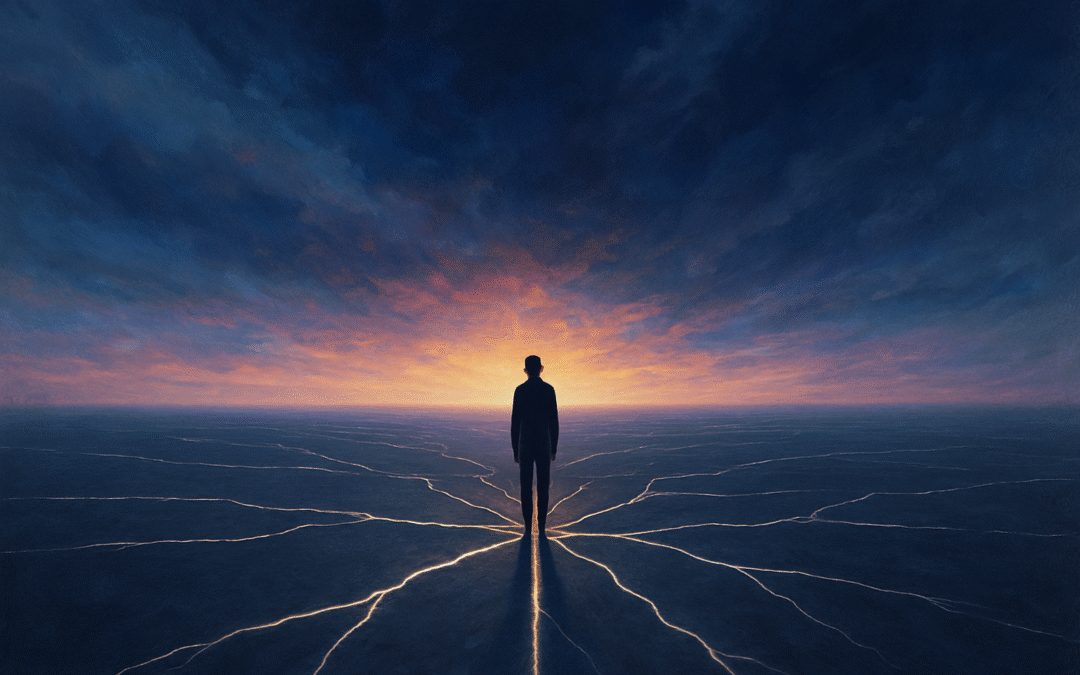Freedom is a term that somehow possesses an electricity. We first read it and feel as if it is a promise: the promise of self, of possibility, of living on our own terms. Nations are based on it, revolutions are ignited in its name, and parents vow it to their children’s futures as if it is the best thing that can possibly be bestowed. To be free, we’re taught, is to be at last alive in every sense.
But beneath the glisten of the term is something more complex, even wicked: that perhaps freedom itself isn’t quite so carefree and ethereal as we imagine. Perhaps, in all its pure magnificence, freedom is a burden, it’s so enormous that most can’t bear it.
Imagine for one moment what it would be like to be utterly free. No rules. No expectations. No deities, scripting, or guidance to answer to. It at first excites. But search deep enough into that freedom, and it becomes dizziness instead of a blessing. Kierkegaard referred to it as “the dizziness of freedom”, that moment when you know that all doors are open, all paths are laid out, and so the burden of choice falls on your shoulders. To choose is to eliminate all the others. Not to choose is a choice as well. And either way, you and only you are accountable.
This is the terrifying other face of freedom: responsibility. Sartre just stated this when he wrote, “Man is condemned to be free.” There isn’t a how-to book on freedom. We must create our own meaning, carve out our own purpose, and realize we can’t burden those around us with the results of our decisions. This is exhilarating for some. It is paralyzing for most.
It’s why so many so willingly abandon freedom, many of them not even realizing it. We withdraw into structures, religion, government, tradition, family role, that tell us what to do and be. These structures are not necessarily cages; frequently, they are havens. They free us from the horror of being alone in a limitless desert of choice. Rules, you see, are comforting. Bounds are orderly. To abandon freedom is sometimes to gain peace.
But even in the freedoms we have, we are at fault. Take happiness, for example. In a world where we are warned we can be anything we desire to be, then our failure to be happy is at fault because of individual error. Without a king or priest to fault, we must turn inward: I was wrong. I lost my chance. I am guilty. And so freedom doesn’t necessarily free us, instead, it entraps us with self-generated guilt.
And yet with all its heavy hand, it is freedom that colors life. Without it, maybe there would be no art, no true love, no act of courage or sacrifice made out of choice and not of necessity. Life would be simpler, maybe, but narrower, grayer, less substantial. The irony, then, is that freedom both intimidates and fulfills us.
Maybe the question is not so much whether genuine freedom is acceptable, but whether or not we should have to suffer it by ourselves. Freedom does not necessarily mean doing as we please in a vacuum, it can mean choosing what matters with others, accepting the constraints of responsibility, and choosing on the basis of urgency rather than opportunity. Absolute freedom will consume us. Impaired common freedom might just save us.
